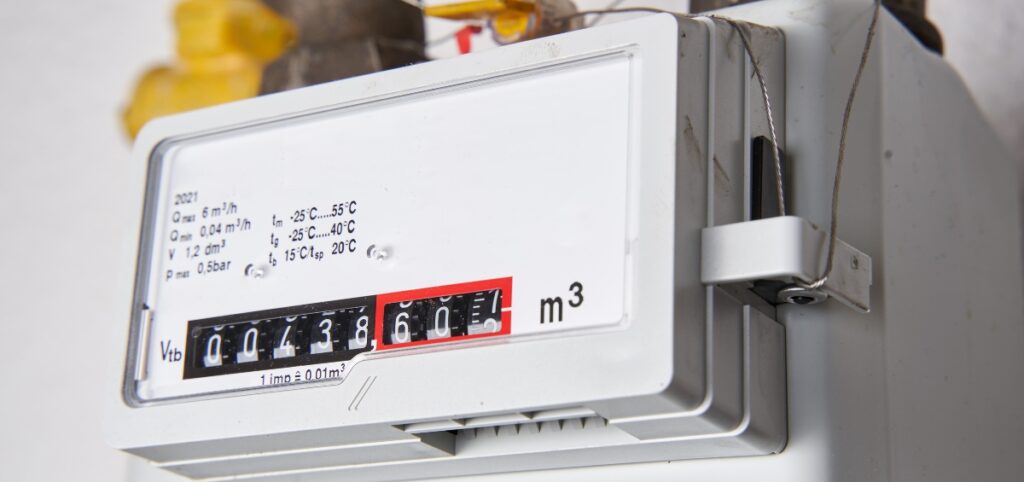

You’re looking forward to living with your mates in your dream student house next year. Then it hits you – living in a privately rented student house means you’ll have to deal with utility bills and meter readings.
So what exactly is a meter reading? This just means taking a picture of your electricity, gas, or water meter numbers to send to your utility supplier.
In this guide, we’ll cover which meter readings you’ll need, when to take them, what to do if you forget, and a step-by-step guide on how to take meter readings.
1. How do I know which meter readings I need to take?
You might need to take electricity, gas, and water meter readings on move-in day. However, some student homes will only have an electricity meter. Knowing which meter readings you’ll need to take is essential.
The simplest way to do this is to ask your agent or landlord. They’ll know if your house uses both electricity and gas or just electricity. If your new home only uses electricity, you won’t need to worry about taking a gas meter reading (or paying a gas bill).
They should also know whether you’re on a metered or standard water tariff. If you’re on a metered tariff, you’ll have to submit a reading of your water meter. However, if you’re on a standard tariff, your water supplier will estimate the water you use. This means you don’t need to worry about taking a water meter reading.
2. When do you need to submit meter readings?
You should always take pictures of your meters when you move into your new student house. You’ll also need to take a final meter reading before leaving.
If you’ve not got a smart meter installed, you might also need to submit monthly or quarterly meter readings – your supplier should let you know if and when you need to do this.
3. What if I forgot to take a meter reading when I moved in?
If you forgot to take a meter reading on move-in day and a couple of weeks or even months have gone by, don’t panic. Take a meter reading as soon as you realise and contact your utility provider. They should advise you on what you need to do next. They’ll most likely estimate your usage since moving in and charge you based on that.
4. How to submit meter readings
Step 1: Finding your meters
You should find and take pictures of your meters as soon as you move in. This might include a water, gas, and electricity meter.
In most houses, meters are often in a basement or attached to the outside wall. It will probably be housed in a box or a cupboard. If you’re struggling to find it, your agent or landlord should be able to help you.
Step 2: Reading your meters
If you’re unsure how to take a meter reading, don’t worry – it’s not as complicated as you might think. Start by taking a picture of your meters. This means you have proof of your meter readings on move-in day, even if it takes a few weeks to set up your utility accounts.
There are a few different types of meters. Generally, you’ll want to read the numbers or dials from left to right, including any zeros at the front. You should ignore any red dials or numbers, numbers in a red border, or numbers after a decimal point.
Single-rate
This will have a single row of numbers. It could be a mechanically rotating row of numbers or a digital display. All you need to do is give your utility company these numbers.
Two-rate
Two-rate meters record 2 different readings: one for daytime (normal) use and one for night (low) use. You read them the same as single-rate meters, but you’ll need to give your utility company 2 figures. If it’s a mechanical display, it will have two rows of numbers. However, if it’s a digital display, it will alternate between the two readings, usually labelled as ‘1’ and ‘2’.
Step 3: Submitting your meter readings
Once you’ve got your meter readings, it’s time to submit them. If you’re unsure who your water and energy suppliers are, you’ll need to find out before you can submit your readings. The simplest way is to ask your landlord or agent – they’ll contact the previous tenant to ask them, or they’ll know themselves.
However, you can also find this information out yourself. To find your electricity supplier, you’ll need to contact the electricity distribution company for your region. You can check Find My Supplier to find your gas supplier. You can find your water supplier on the water.org website.
Once you’ve found your suppliers, you can give them a call. They’ll ask for your meter readings and the date you moved in. Then they’ll set up an online account for you.
How Split The Bills can help
Do you already feel overwhelmed by just reading about the process of meter readings and setting up utility accounts?
Enter Split the Bills.
Using a bill-splitting service is the easiest way to simplify your household bills! At Split the Bills, we do the hard work of setting up utility accounts and confusing direct debits. Our team will be on hand to guide you through any meter readings you need to take.
You choose the services you want included in your package, including gas, electricity, water, and even your TV licence. We then split the bills equally across all your housemates so everyone automatically pays their fair share. Best of all, we offer an uncapped energy plan, so you don’t have to stress about your housemates turning off their lights or using too much heating!
If you want to pay your household bills without any stress or hassle, find out more about how we work or get a monthly price for your bills today!
Bills not included in your rent price?
Don’t worry - Split The Bills can find the best providers for you and bundle all your bills into one easy payment a month. What's more:
Everyone pays their share
We split the bills equally between housemates and set up separate Direct Debits for each of you.
Bundle your bills into one payment
Why stress over multiple bills, when we can help you budget easier by bundling them into one?
You choose the bills, we do the rest
Looking after the bills is our job. We’ll tailor a package to you guys from suppliers we trust.

Want to find out more?
Interested in splitting your student household bills rather than splitting up friendships? Check out SplitTheBills now and make life easier for everyone in your shared student house.
Recent posts:

Top Food & Drink Discounts for April 2025
With the days getting longer and the deadlines looming closer, sometimes the last thing on your mind is what you’re going to cook for dinner that evening. Get rid of the stress that meal prep brings and treat yourself to a meal out with mates, courtesy of these five student discounts below.
8th April 2025
No Comments

Top Fashion Discounts for March 2025
Spring’s finally making an appearance, which can only mean one thing: it’s time for a wardrobe refresh! Throw out those worn and dated items and replace them with pieces that actually spark joy using these five fashion discounts.
4th March 2025
No Comments

Top Health & Fitness Student Discounts for Spring 2025
January may finally be over, but that doesn’t mean that our ‘new year, new me’ attitude has to end too. Continue sticking to those resolutions and looking after your mind, body and soul with the help of these five health and fitness student discounts – who said that self care had to be expensive?
25th February 2025
No Comments
